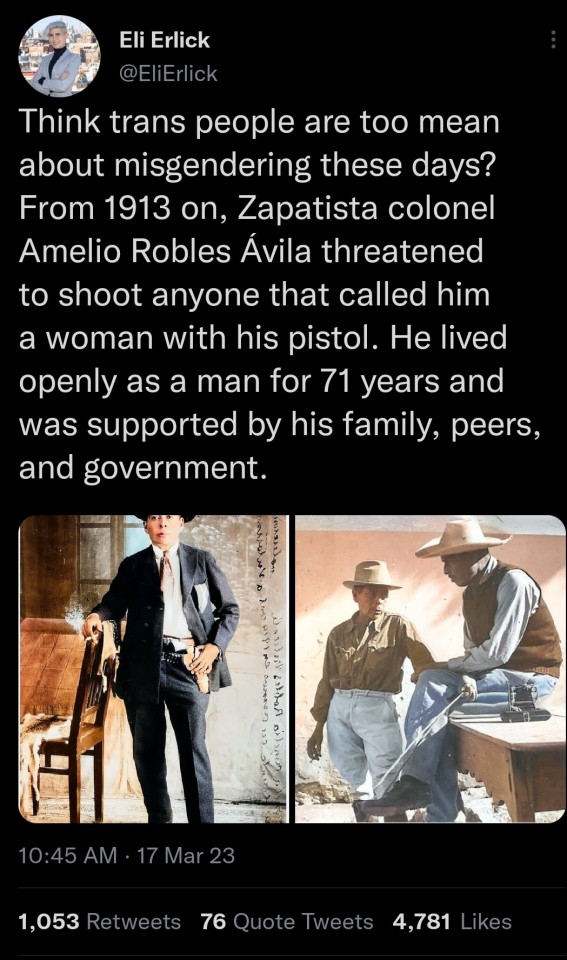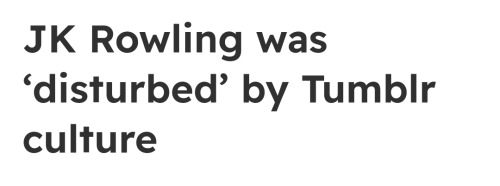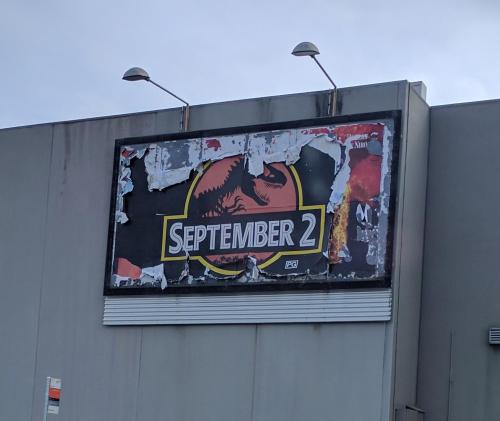Ways NASA Studies The Ocean

Ways NASA Studies the Ocean
We live on a water planet. The ocean covers a huge part of the Earth's surface – earning it the name Blue Marble.
The ocean is one of Earth’s largest ecosystems and helps moderate Earth’s climate. NASA scientists spend a lot of time studying the ocean and how it is changing as Earth’s climate changes.
In the last few years, NASA has launched an array of missions dedicated to studying this precious part of our planet, with more to come. For World Oceans Month, which starts in June, here are new ways NASA studies the ocean.
1. Seeing the colors of the ocean 🎨
A new NASA mission called PACE will see Earth’s oceans in more color than ever before. The color of the ocean is determined by the interaction of sunlight with substances or particles present in seawater.
Scheduled to launch in 2024, PACE will help scientists assess ocean health by measuring the distribution of phytoplankton, tiny plants and algae that sustain the marine food web. PACE will also continue measuring key atmospheric variables associated with air quality and Earth's climate.

2. Surveying surface water around the globe 💧
The SWOT satellite, launched in late 2022, is studying Earth’s freshwater – from oceans and coasts to rivers, lakes and more – to create the first global survey of Earth’s surface water.
SWOT is able to measure the elevation of water, observing how major bodies of water are changing and detecting ocean features. The data SWOT collects will help scientists assess water resources, track regional sea level changes, monitor changing coastlines, and observe small ocean currents and eddies.

3. Setting sail to understand interactions between the ocean and atmosphere 🚢
With research aircraft, a research ship, and autonomous ocean instruments like gliders, NASA’s S-MODE mission is setting sail to study Earth’s oceans up close. Their goal? To understand ocean whirlpools, eddies and currents.
These swirling ocean features drive the give-and-take of nutrients and energy between the ocean and atmosphere and, ultimately, help shape Earth’s climate.

4. Building ocean satellites the size of a shoebox 📦
NASA’s HawkEye instrument collects ocean color data and captures gorgeous images of Earth from its orbit just over 355 miles (575 kilometers) above Earth’s surface. It’s also aboard a tiny satellite measuring just 10cm x 10 cm x 30 cm – about the size of a shoebox!

5. Designing new missions to study Earth’s oceans! 🌊
NASA is currently designing a new space-based instrument called GLIMR that will help scientists observe and monitor oceans throughout the Gulf of Mexico, the southeastern U.S. coastline and the Amazon River plume that stretches to the Atlantic Ocean. GLIMR will also provide important information about oil spills, harmful algae blooms, water quality and more to local agencies.

6. Taking the ocean to new heights ⬆️
The U.S.-European Sentinel-6 Michael Freilich satellite is helping researchers measure the height of the ocean - a key component in understanding how Earth’s climate is changing.
This mission, which launched in 2020, has a serious job to do. It’s not only helping meteorologists improve their weather forecasts, but it’s helping researchers understand how climate change is changing Earth’s coastlines in real time.
Make sure to follow us on Tumblr for your regular dose of space!
More Posts from Idkhbeetfm and Others
u know whats wild. everyone on here like 20 and when i first joined everyone was like 14 15. u ask anybody n they been here for years. nobody new on here. staff locked the doors n were all Stuck Inside


Silly doodle bc it was the first thing I thought of when I saw Pomni.

Stop memorizing my attack patterns. That's fucked up. Who let you do that.

(S)CREAMING
Mappa personally animated these scenes for me (REAL)




my bf has many interesting stories and observations from his new job as a 911 operator
my favorite is how meandering people are, even in the midst of a terrible emergency
they respond to “what is the emergency” with “well, the thing is, four weeks ago–”
and then he’s like “WHAT IS THE EMERGENCY RIGHT NOW”
and they’re like “so what happened this morning was, i said to my wife, i said–”
“WHAT IS CURRENTLY HAPPENING AT THIS MOMENT”
“oh i’m having a heart attack”
my second favorite is how specific he has to get sometimes
like, “what is your emergency?”
“i’m sitting in a pool of blood.”
“… is it… your blood?”
“yes i think so”
“do you know where it’s coming from?”
“probably the stab wound”
“have you been stabbed?”
“oh yah definitely”

I've rarely seen a more validating sentence in my entire life.

25 years of ads peeled away
Suzanne Collin’s just said fuck you to everyone who’s ever critiqued the Hunger Games as being a “teen girl saves the day” story. She said oh, Mockingjay didn’t make it clear enough? Here’s a book about how people have been rebelling for decades only to have their efforts suppressed and propagandized. Rebellion takes time and it takes failure and Katniss may have been the spark that ignited the wildfire but she did so standing atop the doused flames of everyone who came before her.
-
 thousandyearphantombunker reblogged this · 2 months ago
thousandyearphantombunker reblogged this · 2 months ago -
 thousandyearphantombunker liked this · 2 months ago
thousandyearphantombunker liked this · 2 months ago -
 sammyam12345678 liked this · 3 months ago
sammyam12345678 liked this · 3 months ago -
 prilita liked this · 4 months ago
prilita liked this · 4 months ago -
 thatyouth liked this · 5 months ago
thatyouth liked this · 5 months ago -
 cernunnos1990 liked this · 6 months ago
cernunnos1990 liked this · 6 months ago -
 spoonzlol liked this · 7 months ago
spoonzlol liked this · 7 months ago -
 awanderingdeer liked this · 9 months ago
awanderingdeer liked this · 9 months ago -
 kuriz19 liked this · 9 months ago
kuriz19 liked this · 9 months ago -
 ladyjane3 liked this · 9 months ago
ladyjane3 liked this · 9 months ago -
 chenhai liked this · 10 months ago
chenhai liked this · 10 months ago -
 spaceisntfarenough liked this · 10 months ago
spaceisntfarenough liked this · 10 months ago -
 accidentallyoccidental reblogged this · 11 months ago
accidentallyoccidental reblogged this · 11 months ago -
 accidentallyoccidental reblogged this · 11 months ago
accidentallyoccidental reblogged this · 11 months ago -
 nadianas-blog liked this · 11 months ago
nadianas-blog liked this · 11 months ago -
 naduran12 reblogged this · 1 year ago
naduran12 reblogged this · 1 year ago -
 naduran12 liked this · 1 year ago
naduran12 liked this · 1 year ago -
 doodletheexpoodle reblogged this · 1 year ago
doodletheexpoodle reblogged this · 1 year ago -
 felipalux liked this · 1 year ago
felipalux liked this · 1 year ago -
 captainmarvelously reblogged this · 1 year ago
captainmarvelously reblogged this · 1 year ago -
 kurt-certyn reblogged this · 1 year ago
kurt-certyn reblogged this · 1 year ago -
 kurt-certyn liked this · 1 year ago
kurt-certyn liked this · 1 year ago -
 waspluto liked this · 1 year ago
waspluto liked this · 1 year ago -
 stopbamboo liked this · 1 year ago
stopbamboo liked this · 1 year ago -
 peace1717 reblogged this · 1 year ago
peace1717 reblogged this · 1 year ago -
 peace1717 liked this · 1 year ago
peace1717 liked this · 1 year ago -
 subtropic reblogged this · 1 year ago
subtropic reblogged this · 1 year ago -
 mariposapurpura liked this · 1 year ago
mariposapurpura liked this · 1 year ago -
 prayandcoolyouranxiety reblogged this · 1 year ago
prayandcoolyouranxiety reblogged this · 1 year ago -
 frogslegsmygod liked this · 1 year ago
frogslegsmygod liked this · 1 year ago -
 prymaidepiakatyk liked this · 1 year ago
prymaidepiakatyk liked this · 1 year ago -
 letsgethaunted reblogged this · 1 year ago
letsgethaunted reblogged this · 1 year ago -
 mskay96 reblogged this · 1 year ago
mskay96 reblogged this · 1 year ago -
 mskay96 liked this · 1 year ago
mskay96 liked this · 1 year ago -
 mountainmoth liked this · 1 year ago
mountainmoth liked this · 1 year ago -
 optimistictacosong liked this · 1 year ago
optimistictacosong liked this · 1 year ago -
 kudza111 liked this · 1 year ago
kudza111 liked this · 1 year ago -
 lufernan liked this · 1 year ago
lufernan liked this · 1 year ago -
 egohysteria liked this · 1 year ago
egohysteria liked this · 1 year ago -
 fplkk2022 liked this · 1 year ago
fplkk2022 liked this · 1 year ago -
 jaloisiosoares reblogged this · 1 year ago
jaloisiosoares reblogged this · 1 year ago -
 jaloisiosoares liked this · 1 year ago
jaloisiosoares liked this · 1 year ago -
 imad-adhab liked this · 1 year ago
imad-adhab liked this · 1 year ago -
 hftheinfecter liked this · 1 year ago
hftheinfecter liked this · 1 year ago -
 metalzoic liked this · 1 year ago
metalzoic liked this · 1 year ago -
 reblogginthingsienjoyed reblogged this · 1 year ago
reblogginthingsienjoyed reblogged this · 1 year ago
